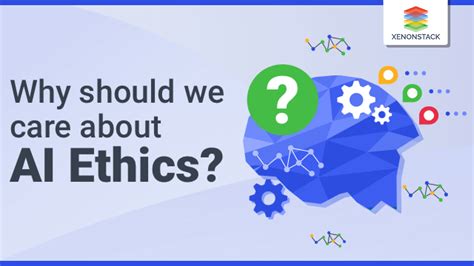Recently, a heated debate has emerged within the tech community regarding Stack Overflow’s policy of allowing AI companies to utilize user-generated content for training artificial intelligence models. The crux of the issue revolves around the ethical considerations of repurposing community-driven knowledge for commercial gain.
Amidst the discussions, concerns have been raised regarding the license under which content on Stack Overflow is released. While the platform operates under a Creative Commons (CC) Attribution-ShareAlike license, which permits reuse with attribution and under the same license terms, questions have been raised about the compatibility of this model with AI training purposes.
Users have expressed apprehensions about the implications of AI systems utilizing Stack Overflow content without proper attribution or adherence to the ShareAlike clause. This raises pertinent questions about the enforcement of licensing terms and the responsibility of AI companies in respecting the intellectual property rights of contributors.
Furthermore, the notion of ‘learning’ in the context of AI models has sparked philosophical debates. While some argue that language models do not truly ‘learn’ facts in the human cognitive sense but rather operate as sophisticated pattern recognition systems, others emphasize the importance of recognizing and respecting the distinction between original human contributions and algorithmic outputs.
Beyond the legal framework, the evolving dynamics of online communities and user-generated content present complex challenges. The interplay between individual rights, platform governance, and commercial interests underscores the need for thoughtful deliberation on the ethical boundaries of content utilization in the digital age.
As the tech landscape continues to evolve, the intersection of community-driven platforms like Stack Overflow and emerging technologies such as AI raises fundamental questions about intellectual property, user rights, and the evolving nature of online collaboration. Navigating the delicate balance between innovation and ethical responsibility remains a crucial endeavor for stakeholders across the digital ecosystem.
While Stack Overflow’s decision has ignited debates and triggered reactions from users, it also serves as a catalyst for broader conversations on the ethical responsibilities of online platforms, the evolving nature of intellectual property rights in the digital era, and the implications of AI advancements on community-driven knowledge sharing.
Ultimately, the controversy surrounding Stack Overflow’s policy highlights the intricate web of considerations at the nexus of technology, ethics, and legal frameworks. As the digital landscape continues to evolve, finding a harmonious balance between innovation, collaboration, and ethical stewardship remains a paramount challenge for both platform operators and users alike.


Leave a Reply